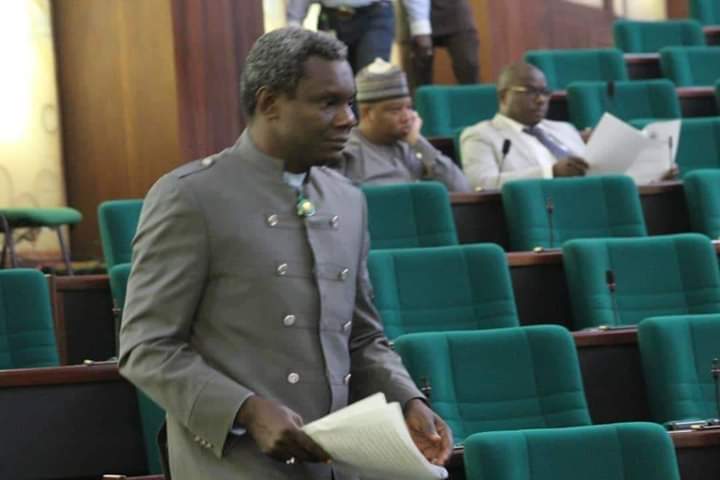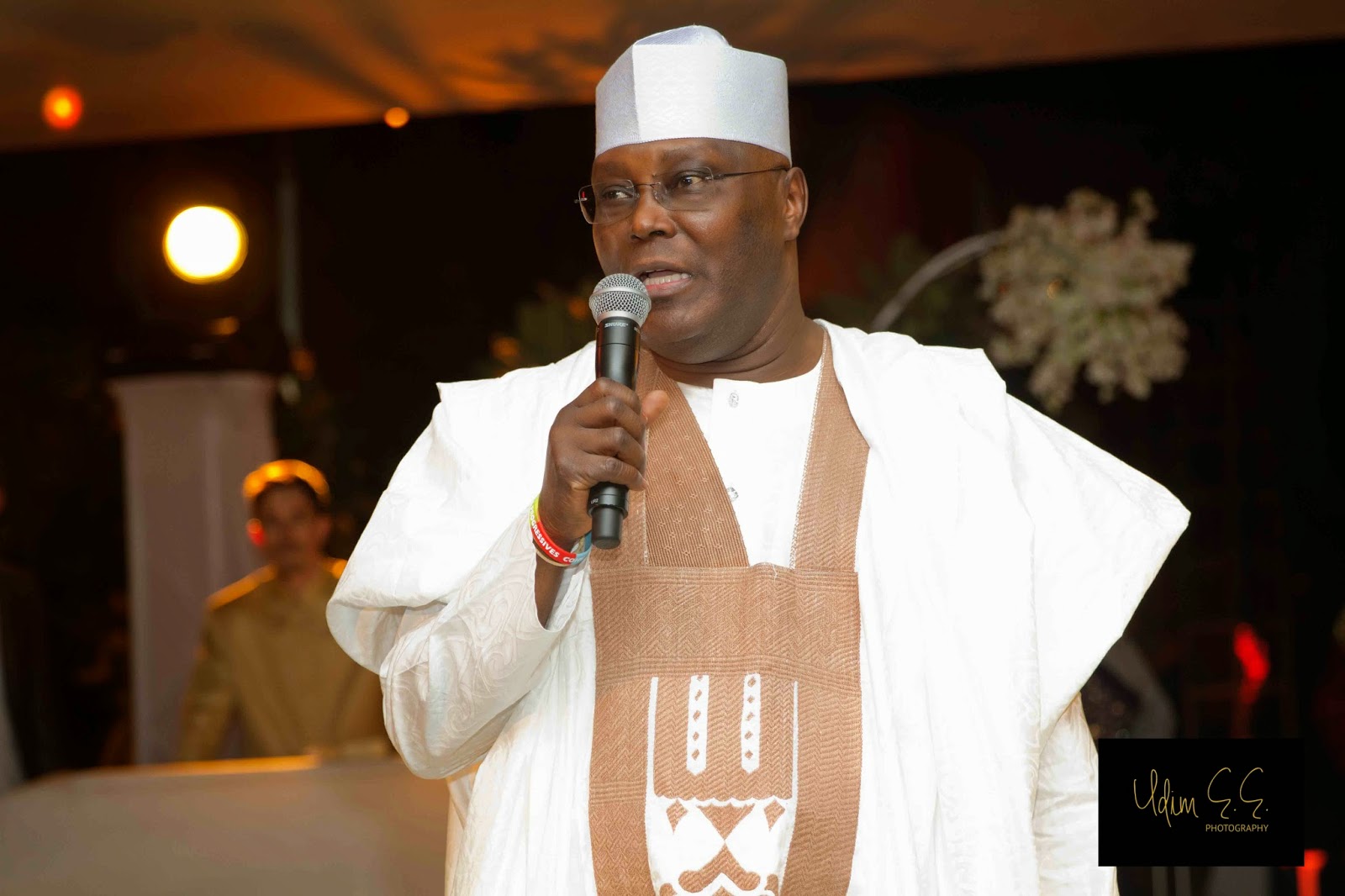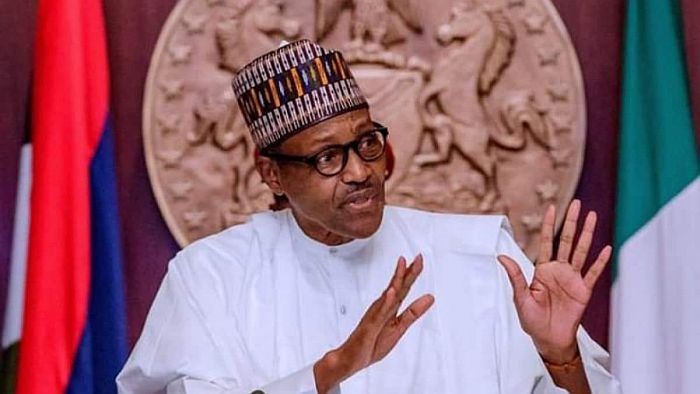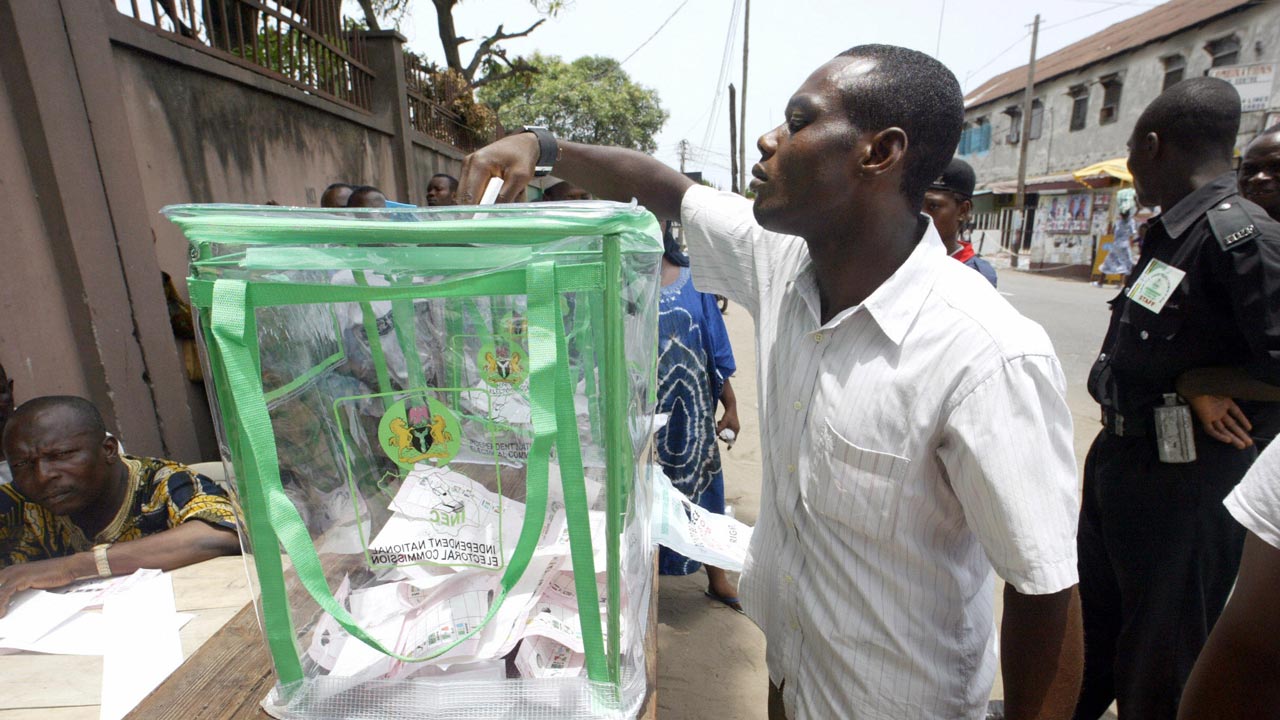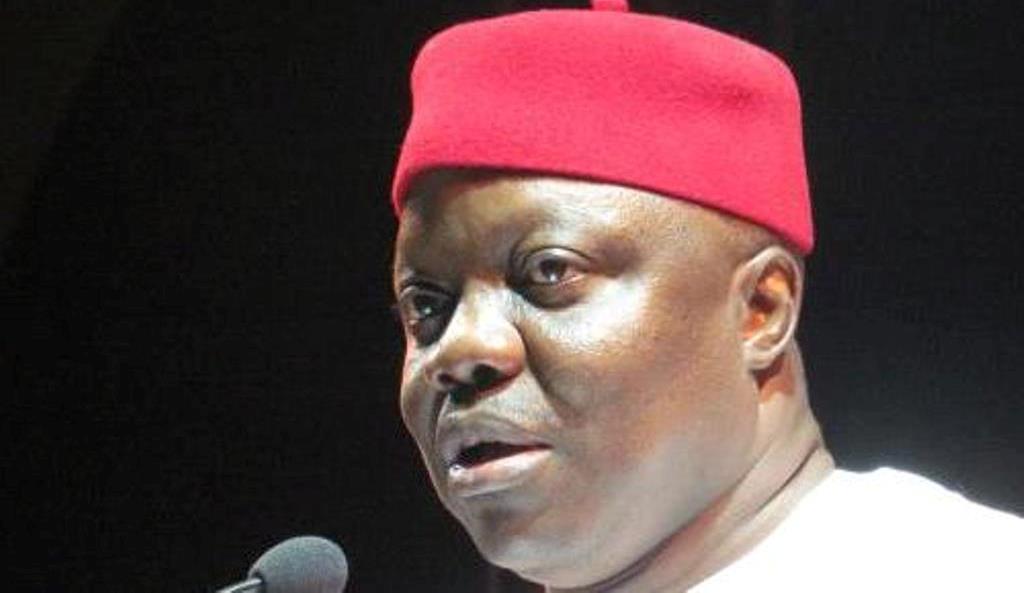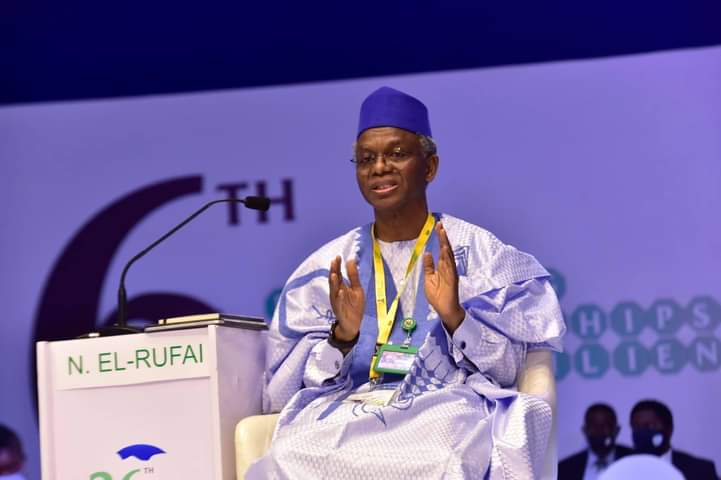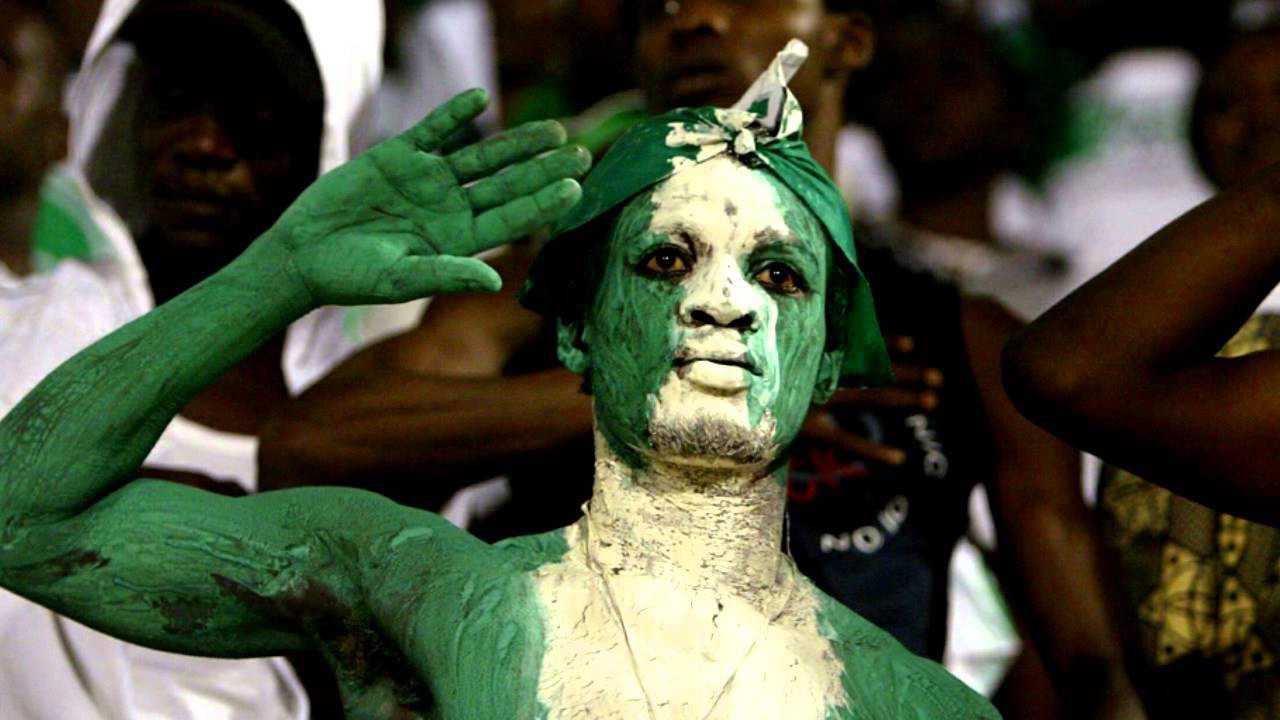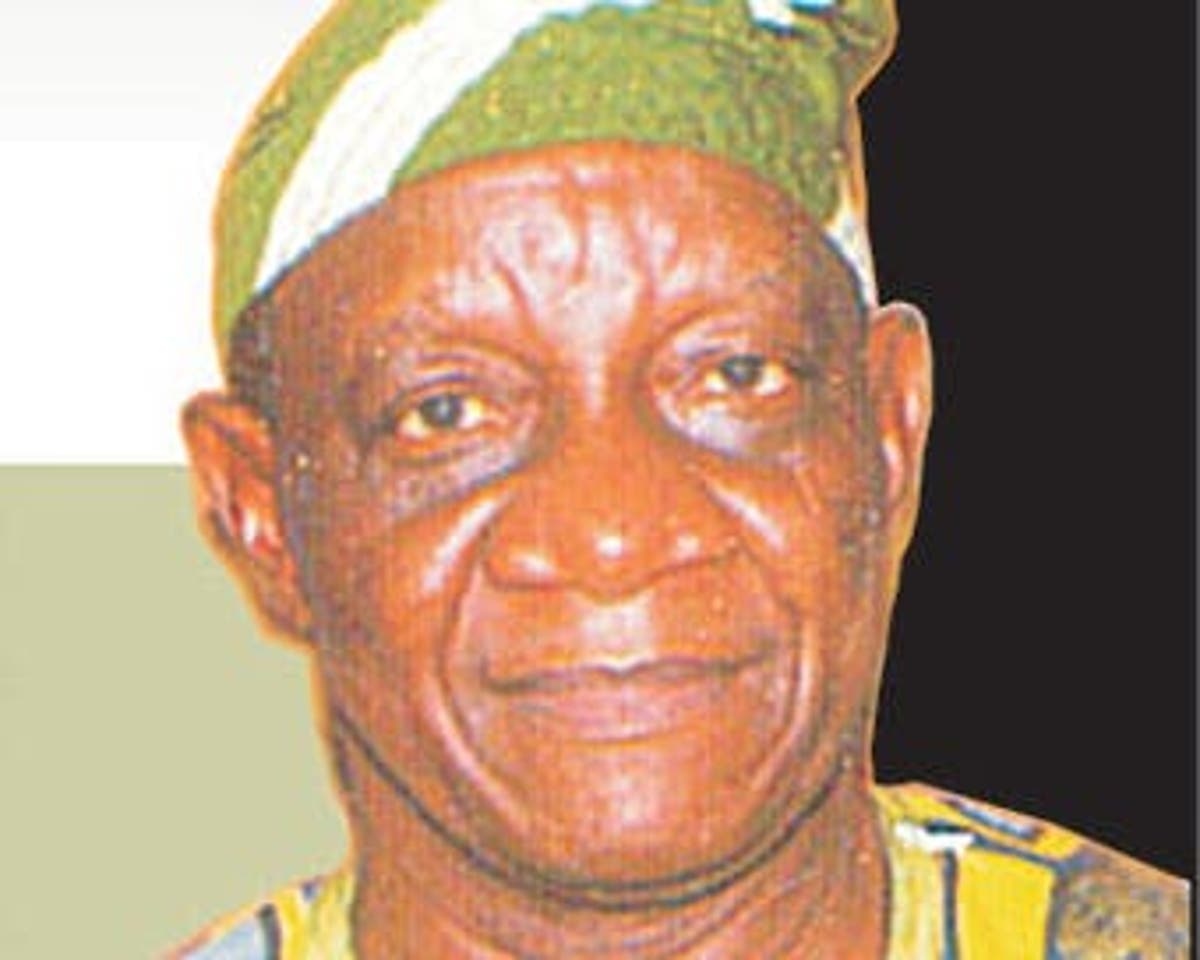Nigeria needs to be restructured. Just look at Nigeria today. This truth is staring us in our collective faces.
The current ethnic and religious clashes bedevilling Nigeria are symptoms of the disease. They themselves are not the illness. We must address the root causes of the various symptoms of insecurity Nigeria now faces.
Nigeria needs peace, unity and prosperity. But all three of these virtues are dependent on Nigeria having social justice. Without justice, there cannot be cohesiveness in a multi-ethnic and multi-religious nation as Nigeria.
Nigeria has foundational issues, which we have to resolve. Until we resolve those issues, our nation may not fulfil its potentials of being the beacon of light for the Black Race, even if we have the most righteous people at the helm.
It has been said by many behavioural scientists that ‘the definition of insanity is doing the same thing over and over again, but expecting different results.’
We have been operating from the same unitary foundation, and have given it several names since January 15, 1966. Other than slight name changes, the mould has remained the same, and the yield has changed little.
Yes, there will be improvements and retrogressions here and there, due to the character and personality differences of the men and women at the helm. However, until the foundational fault lines are addressed, whatever progress one man makes, can be undone by his predecessor, often in a matter of months.
If half of our people expend their energies pulling Nigeria in one direction, and the other half counter by pulling her in the other direction, our motherland will never know peace, unity and prosperity.
Nigeria needs to restructure to avoid the various failed state prophecies, first advanced by an American think-tank against Nigeria in 2006. Most recently regurgitated by the Financial Times of London, about a month ago. To be forewarned is to be forearmed.
What is a failed state? A failed state is a political sovereign geographic territory whose government has deteriorated to a level where it cannot fulfil a sovereign government’s basic responsibilities, such as the security of life and property, and upholding law and order.
Nigeria is not a failed state. However, we are at risk of becoming a failed state, if we do not resolve our foundational challenges that make it rather difficult for the central government to discharge her responsibilities effectively.
We should have done this long ago. I can only point to the Chinese proverb that says “The best time to plant a tree was 20 years ago. The second best time is now.”
We ought to understand that the collapse of Nigeria into a unitary system was an ad hoc temporary solution to a challenge that emerged after the January 15, 1966 coup decapitated the central and most regional governments. It was not meant to be a long term solution.
Lessons have been learnt since that time, and nobody would be foolhardy enough to repeat such unfortunate actions that took Nigeria through such difficult periods. Moreover, our institutions are now much stronger than they were during our infancy.
In proof of this assertion, I cite the recent multi-partisan rejection by the National Assembly of a certain nominee of the President. We did not have a strong Parliament to act as a check on the Executive in 1966. We had the institution, but we did not have the strength in the institution. Now we do.
I believe that Murtala Mohammed was speaking prophetically of these times when he said on January 11, 1976 that “Africa has come of age”.
Nigeria is now of age. It is now time to trust the component units of this federation with devolution of powers from the central government to handle issues such as policing, in tandem with the Federal Government.
Because let us face it, if we keep on doing what we have been doing, we will keep on getting what we have been getting. Or worse, we will experience the law of returns.
This is because the second law of thermodynamics is clear. The total entropy of a system either increases or remains constant; it never decreases.
In simple terms, what this means is that, unless we halt the entropy, things will not improve.
And the late Tai Solarin was an excellent example of this. We all remember the late Mr. Solarin as an educator, who happened to be one of the most altruistic Nigerians that ever lived. He was incorruptible and was a specimen of patriotism.
If ever there was a good man, that person was Tai Solarin. He founded Mayflower Secondary School, which went on to be a world-renowned centre for sound education and the building of moral character in young people.
He became an activist and an advocate for good governance, and was an acerbic critic of various governments, through his weekly column in the Daily Times, Nigerian Tribune and The Guardian Newspapers.
However, when in 1989, Tai Solarin became the first chairman of the People’s Bank, we saw that being a good man alone could not help him make the bank good. The bank became rife with corruption, mismanagement and entropy.
Why? Because good men, heading institutions without good foundations, will still produce destruction, taking us back to what Prophet Mohammed said:
“Do you know what is better than charity and fasting and prayer? It is keeping peace and good relations between people.”
It is time to feel our nation’s pulse and steer the ship of state away from a failed state destination. Restructuring is the lighthouse that will guide the Nigerian state’s ship back to the safety of land.
And it is not just for the big line items. Even in the little things, we must restructure, for the good of our people.
Take a sector, like agriculture. Today, Nigeria is dependent on food imports for much of her food needs, primarily or even entirely because agriculture is controlled from Abuja. And that idea is preposterous.
The states are better equipped, by reason of proximity, to handle agriculture. Yet, how many states have a ministry and an agriculture commissioner?
And now, the disconnect between Abuja and the states leads to a situation where one of the most fertile and stable nations on Earth has to import food.
In pre-colonial times, and during the First Republic, Nigeria had well marked out grazing routes. That ensured that grazers knew where to go and restricted contacts between them and farmers.
Now, these routes have disappeared. Of course, when this happens, there will be conflict. Brazil and Argentina are the largest beef exporters in the world, and they have grazing routes.
In fact, In Brazil, pasture land outweighs planted cropland by about five times. This is because all tiers of governments in Brazil have worked together to restrict these areas, not only to avoid conflict between grazers and farmers, but also to ensure that Brazil’s great forests, including the Amazon, are not deforested.
If Brazil and Argentina can do it, we can do it too. We have to put in the political and intellectual effort.
You see, the concentration of power at the centre affects every sector.
We cannot have the mentality that it is better to reign in hell than serve in Heaven. No one can reign in hell. The heat is too great. The victories are too little. It is a lose-lose situation. We are all the better if we come up with a win-win situation. And the only way we all win is if we restructure, while we still have a foundation to stand on.
We must always remember that we are all brothers and sisters born from the womb of one mother Nigeria and that when brothers fight to the death, it is their neighbours that inherit their father’s property.
We must stop fighting each other as Nigerians, and we must start fighting for Nigeria. Arise o compatriots, Nigeria’s call obey. Nigeria is calling for restructuring. And I urge all Nigerians to obey our mother’s voice.
Thank you for your time and for listening, and may God bless the Federal Republic of Nigeria.
Atiku Abubakar
Vice President of Nigeria, 1999-2007.
